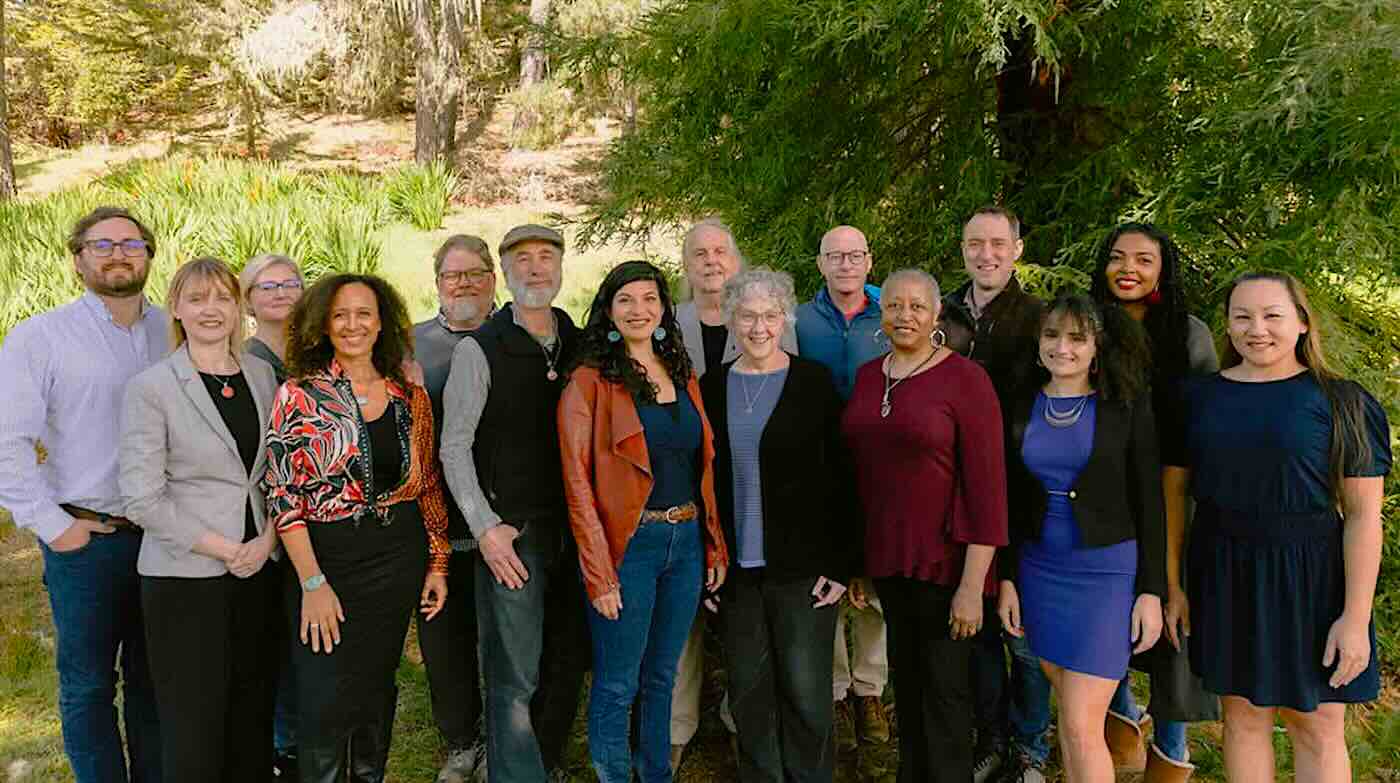ImpactAlpha, Sept. 29 – It’s the age-old struggle: labor vs capital, workers vs. owners.
But what happens when employees get a stake in the companies they work for? The evidence suggests motivation, retention and productivity all improve.
Now investors are getting on board, seeking the worker ownership edge in buyout funds that finance company conversions to employee ownership.
This week’s Agents of Impact Call featured investors who are betting that worker ownership is not only good for labor, it’s good for capital, too.
Employees to owners
Employee stock ownership plans, or ESOPs, have been around for more than 50 years. Todd Leverette, of the private equity firm Apis & Heritage Capital Partners, has put a racial equity lens on his employee ownership buyout fund, which aims to give workers 100% ownership of their companies.
Its first two investments are Ascent Landscaping in El Paso and Apex Plumbing in Denver. The investments turned 250 workers into owners, says Leverette. Eight in 10 of those workers are people of color.
“Prior to the Apis transaction, they were employees in their companies and they’re still employees in their companies. However, they also now are owners in their companies,” said Leverette. “Their future and their wealth and their life outcomes are directly tied to the success of those companies.”
For institutionally owned companies, too
Employee ownership conversions aren’t just for family-owned companies. Ian Mohler of Mosaic Capital Partners, a private equity employee-ownership buyout fund, agreed. Mohler says half of the more than a dozen conversions Mosaic has financed were previously owned by financial institutions.
“If it’s not just founder-owners that are available, we can bring in institutionally owned businesses that can then do a conversion to employee ownership,” says Mohler. “That just opens up the opportunities even greater.”
Planting seeds
Smitha Das, who heads the impact investing arm of the non-profit social enterprise, World Education Services, has built a portfolio of worker ownership funds “to plant many seeds and try to demonstrate these models with a particular lens around a racial equity lens,” said Das.
The most common structures include employee stock ownership plans, or ESOPS, worker cooperatives, and employee ownership trusts, or EOTs. WES’s portfolio includes Project Equity, Apis & Heritage, Common Trust, and Obran. “There’s a lot of different experiments happening in the market around different ways we can express employee ownership in regards to wealth building,” says Das.
Impact thesis
Zoe Schlag co-founded Common Trust, which finances company conversions to ownership trusts, a version of a perpetual purpose trust. Common Trust recently raised $2.6 million.
At Techstars Impact, Schlag backed firms to scale products that positively impacted people’s lives. But on exit, given who owned those companies, she began to ask, “are we going to make wealth inequality better or worse?”
“I felt like we really had to explore the role that ownership plays in theory of change,” says Schlag, whose first conversion financing at Common Trust gave ownership benefits to 55 mechanics at Utah Body shop Clegg Auto. Following the conversion, Clegg’s customer satisfaction scores skyrocketed, and one year on, Clegg has doubled its profit.
Winning deals
Big private equity firms, led by KKR, are making a push into employee ownership, discovering that what’s good for workers is also good for winning deals.
Ownership Works, a nonprofit association of some of the biggest private equity firms, aims to create $20 billion of wealth for workers over 10 years. Anna Lisa Miller of Ownership Works says the business case is taking hold.
“We grounded the work in the need around the social impact,” said Miller. “But employee ownership can be great for the business, too.” So far two dozen private equity firms have signed on to Ownership Works and 79 companies have implemented programs that now reach over 100,000 employees.
The organization, said Miller, is “really focused on building a culture of ownership, which is what leads to those outcomes for the company, and better payouts for everyone overall.”
“The ultimate question,” concluded WES’s Das, “is can we take this to scale.” As the new funds hit milestones and proof points, “I hope that we’ll have more of a track record and can bring in more commercial institutional capital.”











